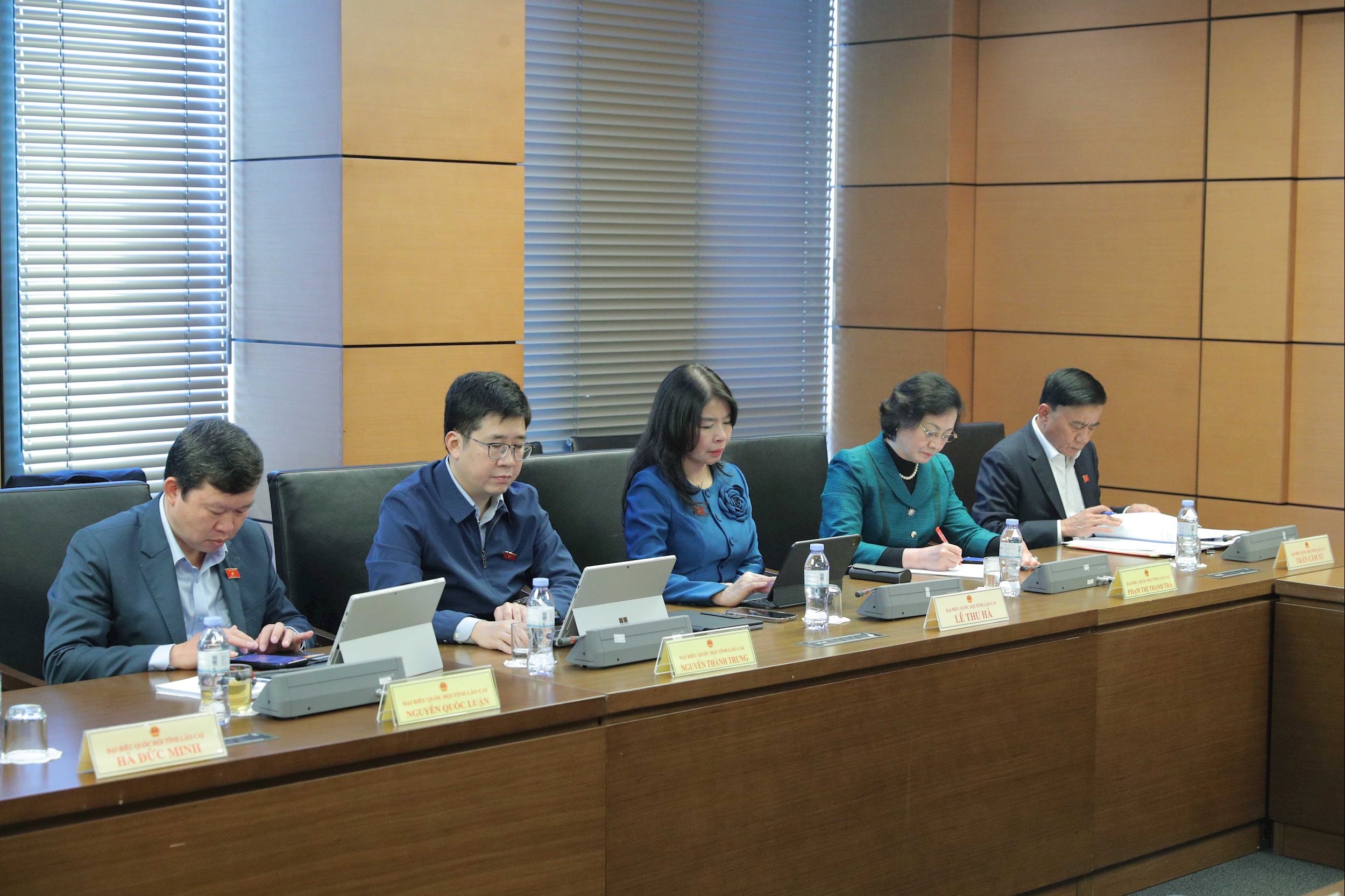
On the afternoon of November 4, the National Assembly discussed in groups the draft Document to be submitted to the 14th National Congress of the Party (referred to as the draft Document).
Politburo member and Standing member of the Secretariat Tran Cam Tu attended the discussion session in Group 4 (including National Assembly delegations from Khanh Hoa, Lai Chau and Lao Cai provinces).
Decisions that demonstrate strategic vision
According to delegates, the draft document was carefully prepared, scientifically and rigorously, with many new points, reflecting the strategic vision for the country's development in the new period; at the same time, it showed high consensus with the content of the draft document.
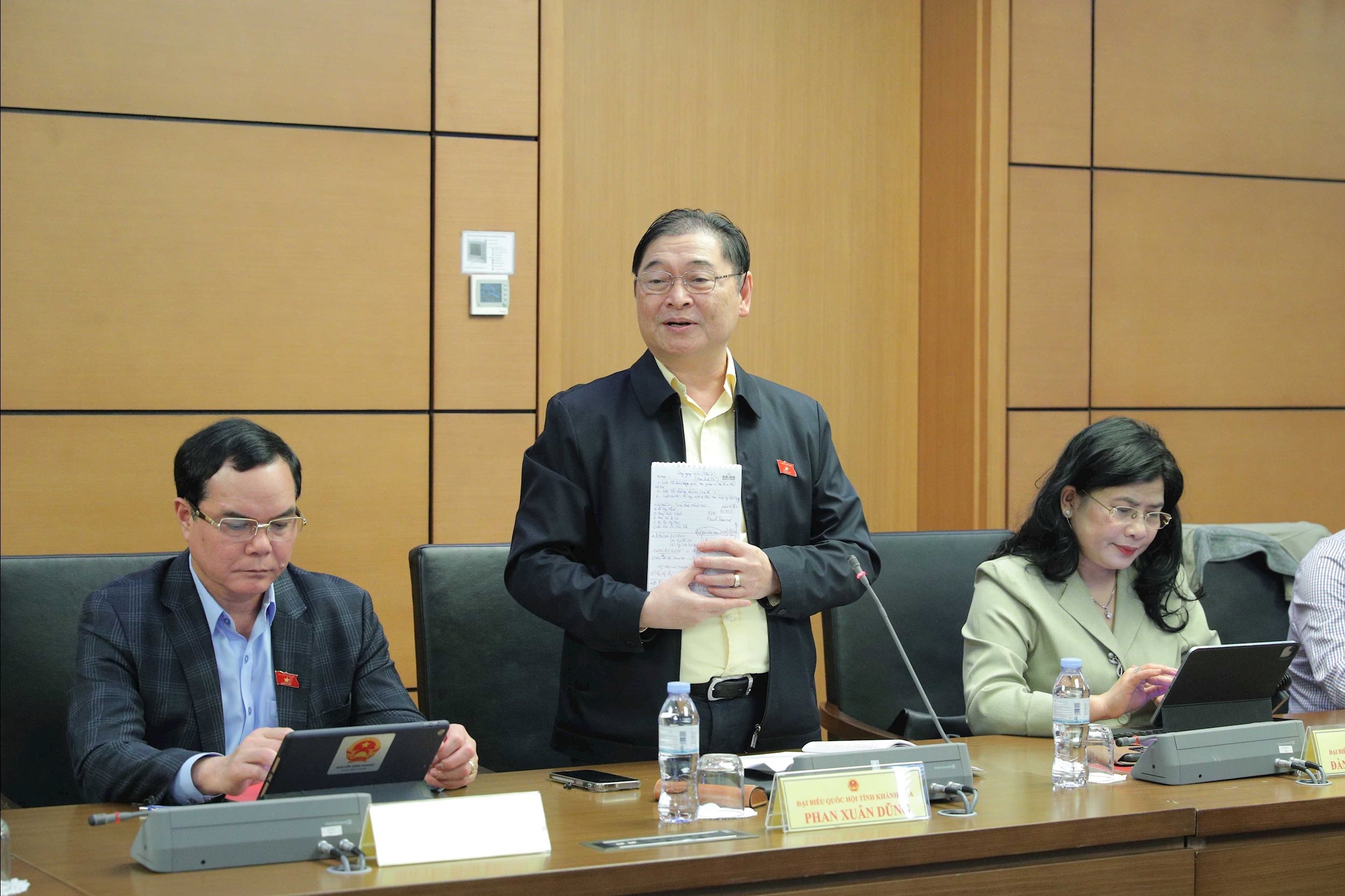
National Assembly Deputy Phan Xuan Dung (Khanh Hoa) added that the draft document looked straight at the truth, objectively assessed the situation, and from there put forth aspirations to prepare the country to enter a new era - the era of national growth.
“The intellectuals highly appreciate the current approach, which is to combine three Party documents (Political Report, Socio-Economic Report, Report on Party building summary and implementation of the Party Charter) into a Political Report,” the delegate informed.
Regarding the main content, delegate Phan Xuan Dung said that what is very special this time is that the Party has affirmed: Establishing a new growth model, restructuring the economy, promoting industrialization and modernization, taking science, technology, innovation and digital transformation as the main driving force .
“This is extremely important, because the practice of our Party in the past and the current position of the country has taught us a lesson: every victory of the Vietnamese Revolution is associated with promoting the intelligence of the scientific and technological intellectual team,” delegate Phan Xuan Dung emphasized.
According to the delegate, world experience shows that no country is rich and powerful without relying on science and technology; the position of each country is affirmed largely based on the intelligence of that nation based on the foundation of science and technology.
“This time, the Party used such a title for establishing the country's growth model, making the intellectuals very excited and proud, and at the same time seeing that their role and position in the coming time is very heavy.”
Affirming this, delegate Phan Xuan Dung said that the intellectual community hopes that the Party will continue to trust and assign more responsibilities to intellectuals, making them completely confident in contributing their intelligence.
Sharing the above opinion, National Assembly Deputy Nguyen Thanh Trung (Lao Cai) expressed "complete agreement" with the view of the draft Political Report on the necessity of establishing and shifting to a new growth model in the 2026 - 2030 period, taking science, technology, innovation and digital transformation as the main driving force.
“This is a decision that demonstrates the Party’s strategic vision to overcome the inherent limitations of the previous growth model (based on capital and cheap labor), and at the same time, shifting to a growth model based on science, technology, and innovation will create a new driving force for Vietnam to escape the middle-income trap and achieve the goal of becoming a developed country,” said delegate Nguyen Thanh Trung.
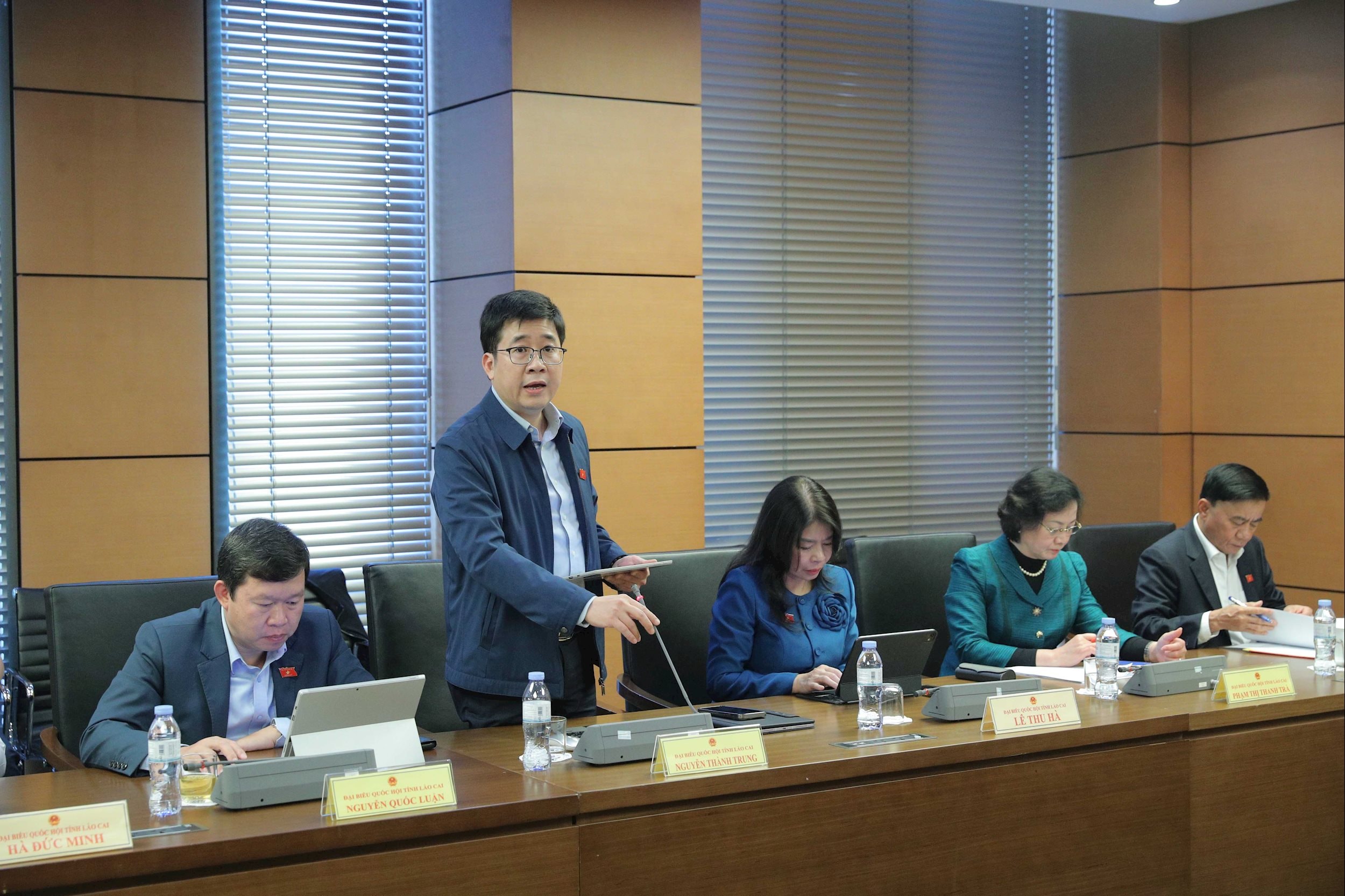
Proposal to focus on three main groups of solutions
To concretize the content of the draft document into practice, delegate Nguyen Thanh Trung proposed 3 main groups of solutions.
Firstly , perfecting the legal system. Accordingly, it is necessary to build flexible and specific institutions, especially in the fields of science, technology and innovation.
Delegates suggested continuing to review and improve institutions, even building pilot mechanisms for new economic models and new technologies such as artificial intelligence (AI), digital economy, green economy, and circular economy; creating an open and flexible legal corridor; encouraging people to dare to think, dare to do, accept risks and failures in research and application of science, technology, and innovation, especially in the state-owned enterprise sector and the public sector.
There needs to be a breakthrough financial mechanism, a venture capital policy, and special tax incentives for research and development (R&D) projects and high-tech transfer projects; strongly promoting the mobilization of social resources and private capital for science and technology, avoiding relying solely on state budget resources. At the same time, specifying the commitment on the ratio of spending on R&D to GDP - "this is very important content", the delegate said.
Along with that, it is necessary to have a mechanism to protect intellectual property and data; strengthen the enforcement of intellectual property laws; build a legal framework for national data governance, promote sharing and exploitation of data in digital economic development.
Second, continue to promote industrialization and restructure the economy based on technology with the formation of core industries and strategic technologies, focusing on developing core industries, prioritizing the development of semiconductor technology, AI, and new materials to form domestic value chains and reduce dependence on foreign countries.
Specific policies are needed to support and attract digital technology enterprises to become leading cores. Identify green transformation and digital transformation in production, especially focusing on traditional industries such as textiles, footwear, and agriculture to increase productivity and participate deeply in the global value chain. Integrate green economy and circular economy through technology application to improve resource efficiency and reduce emissions.
Building and developing innovation centers and growth poles in large cities such as Hanoi, Ho Chi Minh City, Da Nang; creating close links between the State - enterprises - institutes and schools in research, incubation, and commercialization of scientific and technological products.
Third , develop high-quality human resources associated with a culture of innovation and breakthroughs in science and technology human resources. It is necessary to implement a national program on training high-tech experts, especially in the fields of AI, semiconductor chips, and big data. Strongly reform vocational education, linking training programs with practical market needs.
At the same time, there is a policy to attract and use talents; build a breakthrough policy with international competitiveness to attract, retain and use scientists, innovation experts and talented people. In particular, create an open working environment, encourage creativity, and honor scientific and technological achievements.
“By clearly identifying science and technology, innovation and digital transformation as the main driving force, along with synchronous solutions in terms of institutions and resources, Vietnam will create a new turning point in strong and sustainable development, successfully realizing the goal of high-quality industrialization and modernization of the country,” delegate Nguyen Thanh Trung believes.
Source: https://daibieunhandan.vn/quyet-sach-chien-luoc-dua-dat-nuoc-thoat-bay-thu-nhap-trung-binh-10394377.html


![[Photo] Ho Chi Minh City Youth Take Action for a Cleaner Environment](https://vphoto.vietnam.vn/thumb/1200x675/vietnam/resource/IMAGE/2025/11/04/1762233574890_550816358-1108586934787014-6430522970717297480-n-1-jpg.webp)

![[Photo] Ca Mau "struggling" to cope with the highest tide of the year, forecast to exceed alert level 3](https://vphoto.vietnam.vn/thumb/1200x675/vietnam/resource/IMAGE/2025/11/04/1762235371445_ndo_br_trieu-cuong-2-6486-jpg.webp)
![[Photo] The road connecting Dong Nai with Ho Chi Minh City is still unfinished after 5 years of construction.](https://vphoto.vietnam.vn/thumb/1200x675/vietnam/resource/IMAGE/2025/11/04/1762241675985_ndo_br_dji-20251104104418-0635-d-resize-1295-jpg.webp)
![[Photo] Panorama of the Patriotic Emulation Congress of Nhan Dan Newspaper for the period 2025-2030](https://vphoto.vietnam.vn/thumb/1200x675/vietnam/resource/IMAGE/2025/11/04/1762252775462_ndo_br_dhthiduayeuncbaond-6125-jpg.webp)

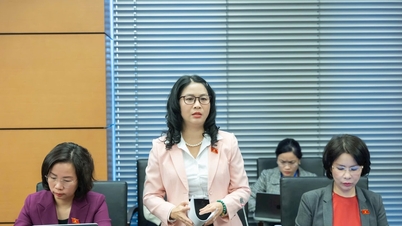
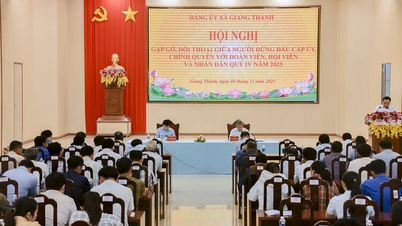

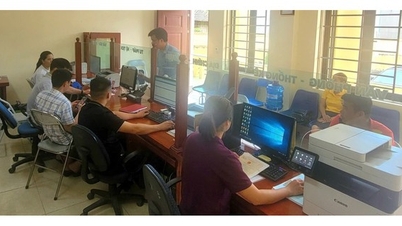



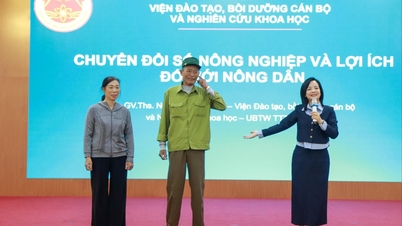



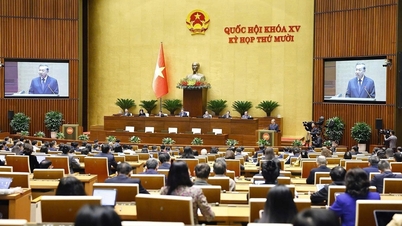

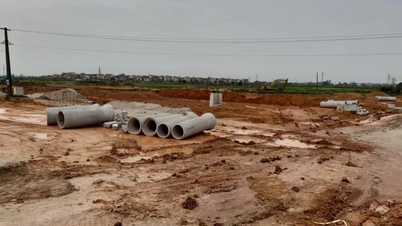



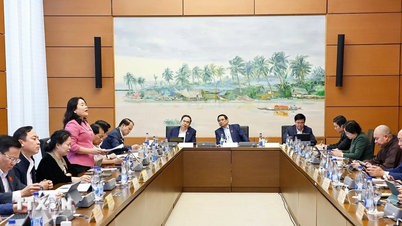
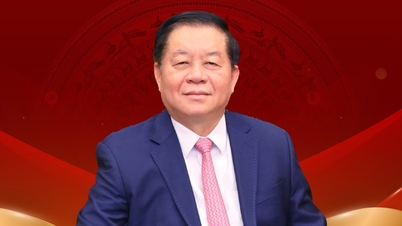

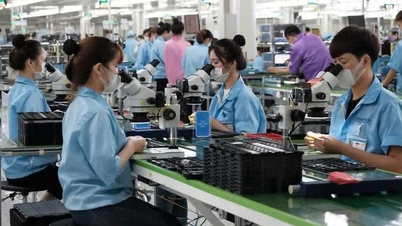




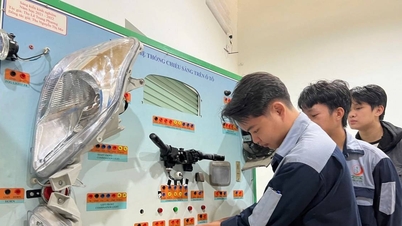
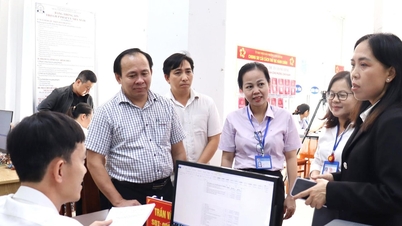
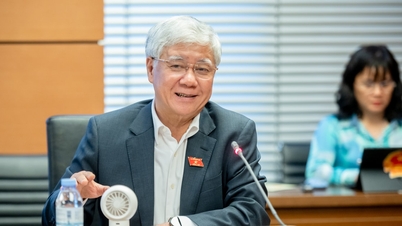
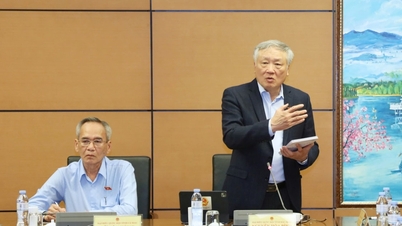
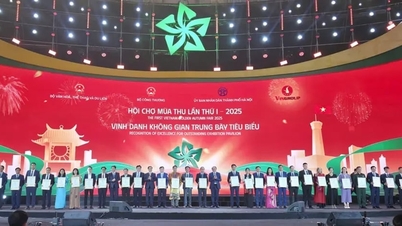



































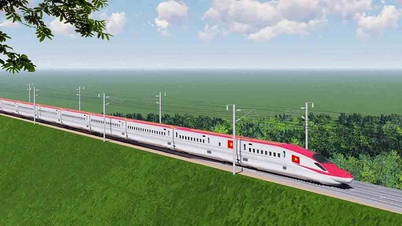
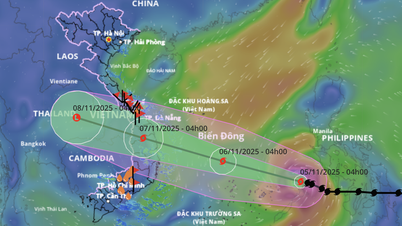

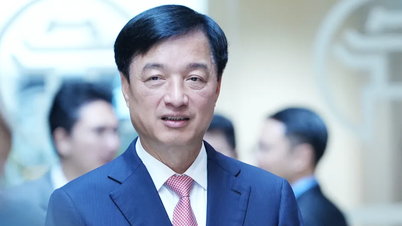












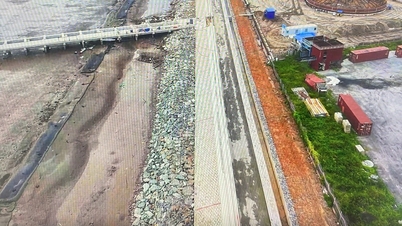


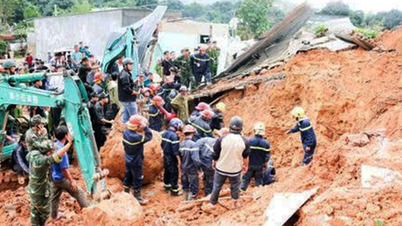

















Comment (0)